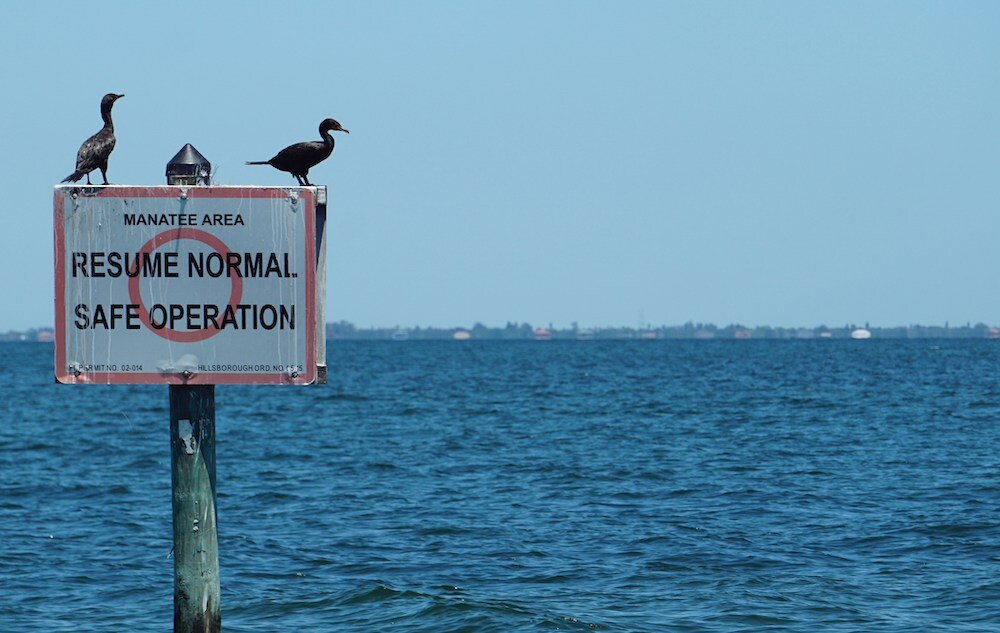Florida's sunshine and warm weather are undeniable draws, but with such idyllic living comes a unique challenge: hurricane season. These powerful storms can disrupt daily life, impacting everything from power outages to potential evacuations. However, with proper preparation, you can navigate hurricane season with confidence. This guide provides essential information for Florida newcomers, ensuring you're ready to face whatever the weather throws your way.
Related Article: YOUR GUIDE TO THE NEIGHBORHOODS OF SARASOTA FLORIDA
Understanding Hurricane Season
Hurricane season officially runs from June 1st to November 30th, with peak activity occurring from mid-August to late October. During this period, it's crucial to stay informed. Local news stations and National Oceanic and Atmospheric Administration (NOAA) resources provide real-time weather updates and storm tracking. Familiarize yourself with reputable sources like NOAA's National Hurricane Center website (https://www.nhc.noaa.gov/) and download their mobile app for constant updates.
Know Your Zone
Most Florida counties have designated evacuation zones based on vulnerability to storm surge, flooding, and wind damage. Locating your zone is critical. County websites often have interactive maps where you can enter your address to determine your zone and evacuation route. Understanding your zone allows you to make informed decisions about potential evacuations during a storm.
Develop a Hurricane Plan
A comprehensive hurricane plan ensures your family's safety and minimizes stress during a storm. Here's how to create a plan:
- Gather Supplies
Stock up on non-perishable food (enough for at least three days), bottled water (one gallon per person per day), batteries, flashlights, a battery-powered radio, a first-aid kit, and essential medications. Don't forget cash and important documents like passports and insurance policies in waterproof containers. - Fuel Up
Keep your car's gas tank at least half full throughout hurricane season in case of evacuation orders. - Secure Your Home
Trim overhanging branches and secure outdoor furniture to prevent them from becoming projectiles in high winds. Board up windows with plywood or hurricane shutters if available in your area. - Plan for Pets
Include your pets in your plan. Ensure they have up-to-date identification tags and create a pet emergency kit with food, water, bedding, and medications. Consider identifying pet-friendly shelters or boarding facilities if evacuation becomes necessary. - Communication Plan
Establish a communication plan with family members. Determine a designated out-of-state contact person and agree on regular check-in times.
Evacuation Orders: What to Do
If officials issue an evacuation order for your zone, don't delay. Leave early to avoid congested roads and potential delays. Follow designated evacuation routes and be prepared for potential traffic jams. Pack only essentials for a few days, including your hurricane preparedness kit, medications, and important documents.
Staying Put During a Hurricane
If evacuation isn't necessary for your zone, stay inside a sturdy, interior room away from windows and doors. Fill bathtubs with water to have a non-potable water source after a storm. Once the storm passes completely, wait for official confirmation before venturing outside.
Post-Hurricane Recovery
Be prepared for potential power outages that may last several days. Use flashlights and avoid using generators indoors due to carbon monoxide poisoning risks. Proceed with caution when walking outside as downed power lines and debris pose hazards. Stay informed about road closures and boil water notices issued by local authorities.
Additional Resources:
- Florida Division of Emergency Management
- American Red Cross
- Federal Emergency Management Agency (FEMA)
Hurricane preparedness empowers you to face the season with confidence. By taking the time now to create a plan and gather necessary supplies, you can ensure your safety and well-being during a hurricane.



